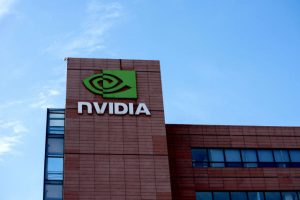Singtel, a prominent telecommunications company, is gearing up to meet the demands of rising AI workloads by developing fourth-generation data centres. These data centres are specifically designed to handle higher power density, addressing the unique requirements of Graphic Processor Units (GPUs) central to AI applications.
Bill Chang, CEO of Singtel’s Digital InfraCo unit, highlighted the pivotal role of these data centres in the era of fast-growing AI adoption across diverse industries. The move comes as the data centre industry witnesses a transformative shift toward high power density, sustainable, and hyper-connected AI data centres, optimized to manage GPU clusters for intense AI workloads.
Singtel’s strategic plan involves the construction of three fourth-generation data centres in Tuas, Thailand, and Indonesia. These facilities aim to increase Singtel’s total pipeline capacity beyond 200MW, up from its current operational capacity of 62MW in Singapore.
The largest among the three, DC Tuas, is positioned as Singtel’s flagship fourth-generation data centre. With a capacity of 58MW, it is designed to be high power density, sustainable, and efficient. Singtel emphasizes its commitment to sustainability by using lower carbon embedded materials in construction and incorporating energy-efficient cooling solutions such as direct-to-chip liquid or immersive cooling.
DC Tuas is not only an AI data centre but also an integrated submarine cable landing station, making it a key platform for global enterprises and cloud companies to host their AI workloads in Singapore, a crucial hub in Asia.
Singtel aims for DC Tuas to be one of the industry’s most efficient, with a Power Usage Effectiveness (PUE) of around 1.23 at full load. PUE is a measure of how efficiently a data centre uses energy, with an ideal PUE being 1.0.
These AI data centres will be seamlessly connected to Singtel’s fixed and 5G mobile networks, orchestrated by Singtel’s Paragon platform. This connectivity will enable smart devices, such as robotics and autonomous systems, to connect to AI clusters within the data centres, facilitating high-bandwidth, low-latency AI applications for various industries.
Singtel plans to offer core services, including cloud co-location services, managed hosting services, and GPU-as-a-Service (GPUaaS), leveraging the capabilities of these new data centres. The move signifies Singtel’s commitment to supporting enterprises in their AI journey by providing cutting-edge infrastructure and services.






















